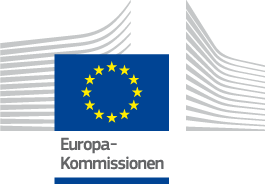A four-year project to bring participative local development to the Kerkennah islands has proved that CLLD can be a valuable tool beyond the shores of Europe. Funded by ENPARD under the EU’s neighbourhood policy, the project, known as DEVLOK, has invested around €1.2M in these Tunisian fishing communities, diversifying the local economy and creating 47 new companies and 89 jobs.

